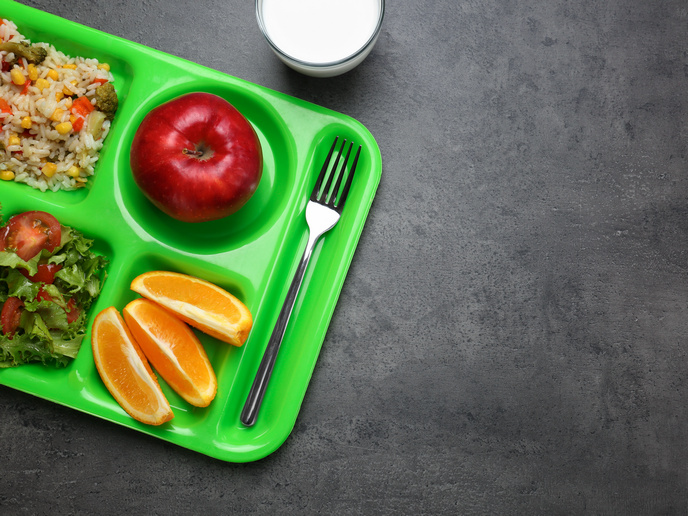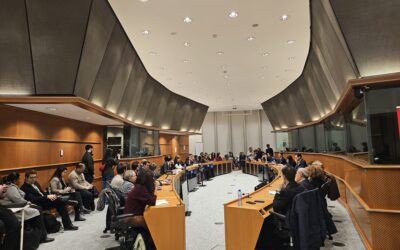How sustainable and healthy are school meals in Europe?
A new study looks at the school food systems in 12 EU Member States to find the answer.
Proper school meals do not only benefit children’s health, they can also help to support food security. If the food is sustainable, it can also benefit the environment. However, a third of Europe’s school-age children and a quarter of its adolescents are currently overweight or obese, and food sustainability is far from universal. Aiming to put sustainable and healthy diets back on the school menu, the EU-funded SchoolFood4Change project decided to first form a clearer picture of current food systems in European schools. The resulting mapping study carried out by SchoolFood4Change project partner Stockholm Environment Institute Tallinn Center (SEI Tallinn), Estonia, focused on 12 Member States: Belgium, Czechia, Denmark, Germany, Estonia, Spain, France, Italy, Hungary, Austria, Slovakia and Sweden. The SEI Tallinn researchers investigated existing school food systems in 19 municipalities or regions in these countries.
Differences across the board
The study revealed large disparities in terms of land area and population, governance structures and procurement methods practised. This was evident not only between different countries or municipalities, but also between schools in these municipalities. Half of the studied countries have food policies in place at national or regional level, most – except for Czechia and Hungary – have adopted dietary guidelines, and more than half have food procurement sustainability requirements. However, as the study reports, “the specifics of these are rather varied. In some countries, the requirements concern the share of organic food, while others seek specific quality labels.”
Most of the studied schools provide lunch every day, with some also offering breakfast or snacks during the day. “School food prices vary significantly from around one to eight euros,” the study reports, with costs “subsidised either fully for all, or at least for low-income groups.”
The most common operational model used is contract catering, provided by a private or a publicly owned company, although some regions have adopted a mixed operational model, with some schools using in-house catering and others contract catering. More than half of the municipalities conduct the food and catering service procurement for their schools, with schools being responsible for purchasing their own food and catering services in only 28 % of municipalities. Most municipalities have made efforts to procure more sustainable food and catering services, but assessing the environmental and social impact of these procurements is much less common.
The most widespread barrier to implementing sustainable and healthy school meals is the cost of sustainable alternatives or a meal’s fixed cost. “Lack of expertise of procurers regarding the sustainability criteria applicable, and the strict legal framework forbidding it, were also evident in many municipalities.” Finally, the areas most commonly identified by study participants as requiring further attention regard food education in the school curricula and creating opportunities for local small-scale farmers and SMEs.
One of the ways in which SchoolFood4Change (Shifting school meals and schools into a new paradigm by addressing public health and territorial, social and environmental resilience) is working to encourage a shift towards sustainable, healthy diets is through the Whole School Food Approach, a holistic place-based model that is taking schools as the starting point for transformation. The project has so far conducted on-site training sessions in seven of the 12 Member States to build knowledge on the approach and to bring together stakeholders to talk about school meals.
For more information, please see: SchoolFood4Change project website




